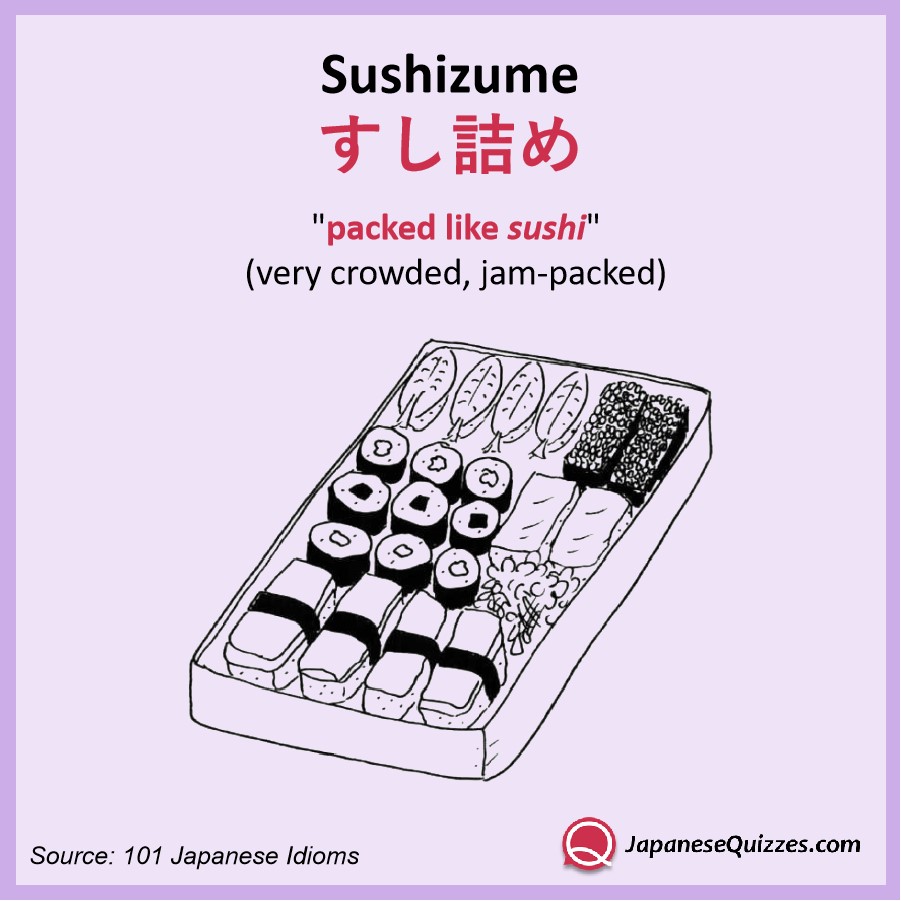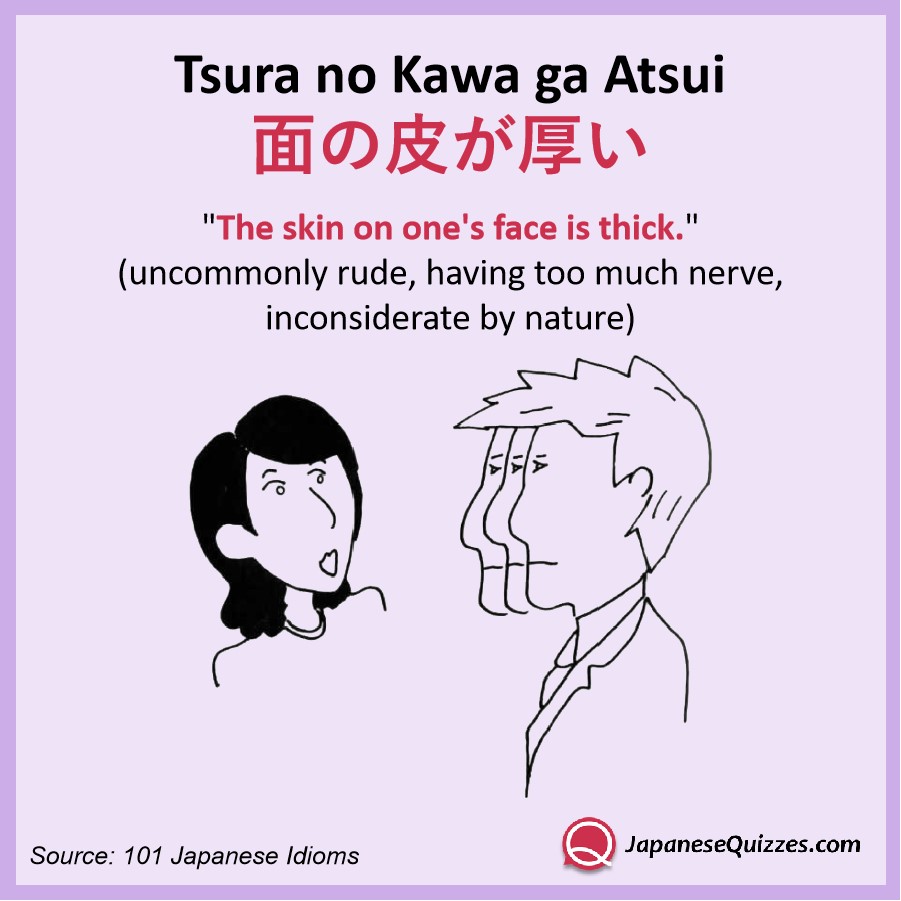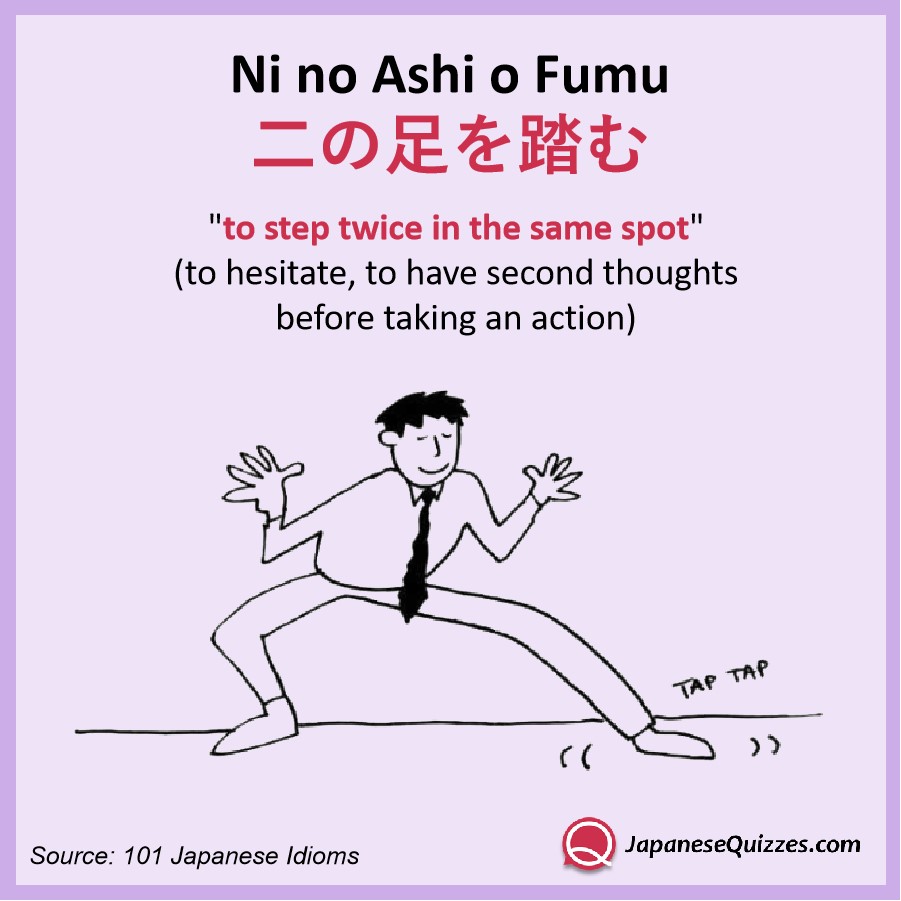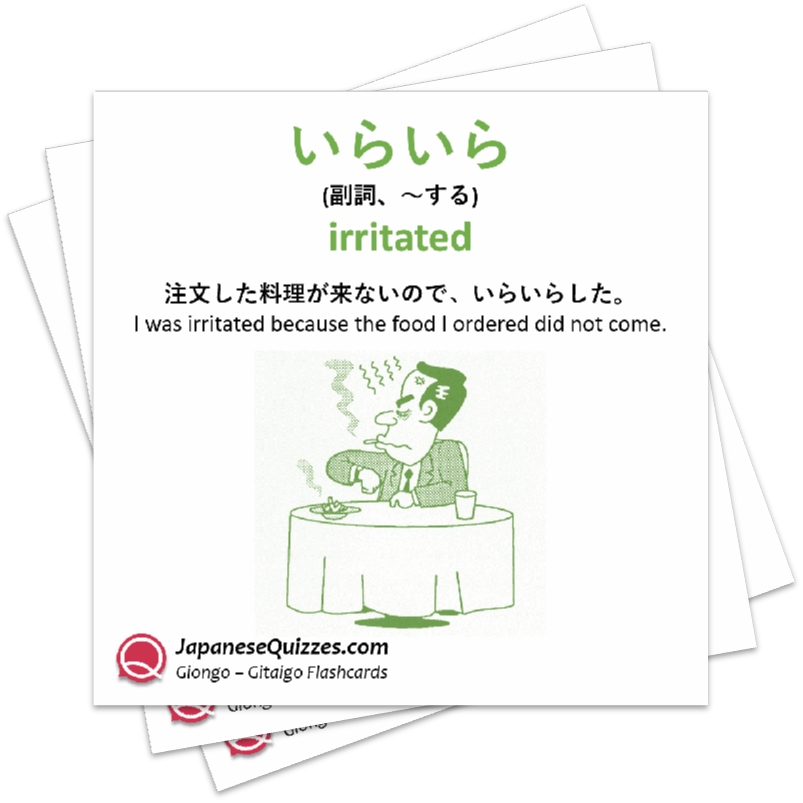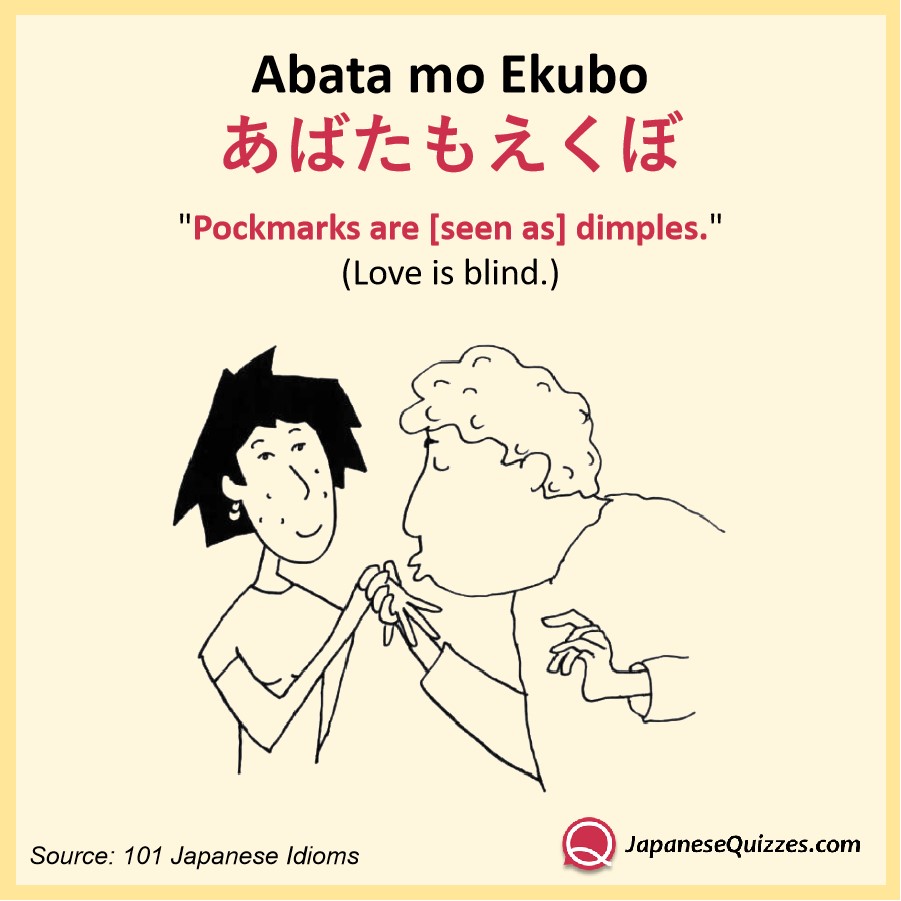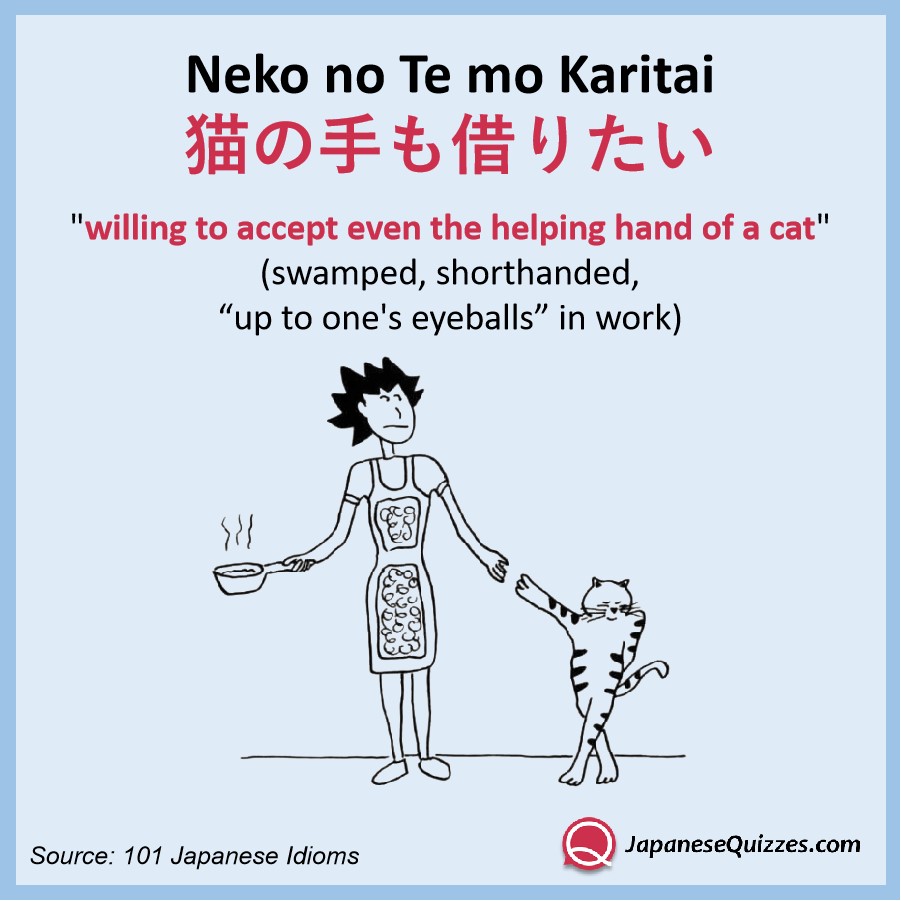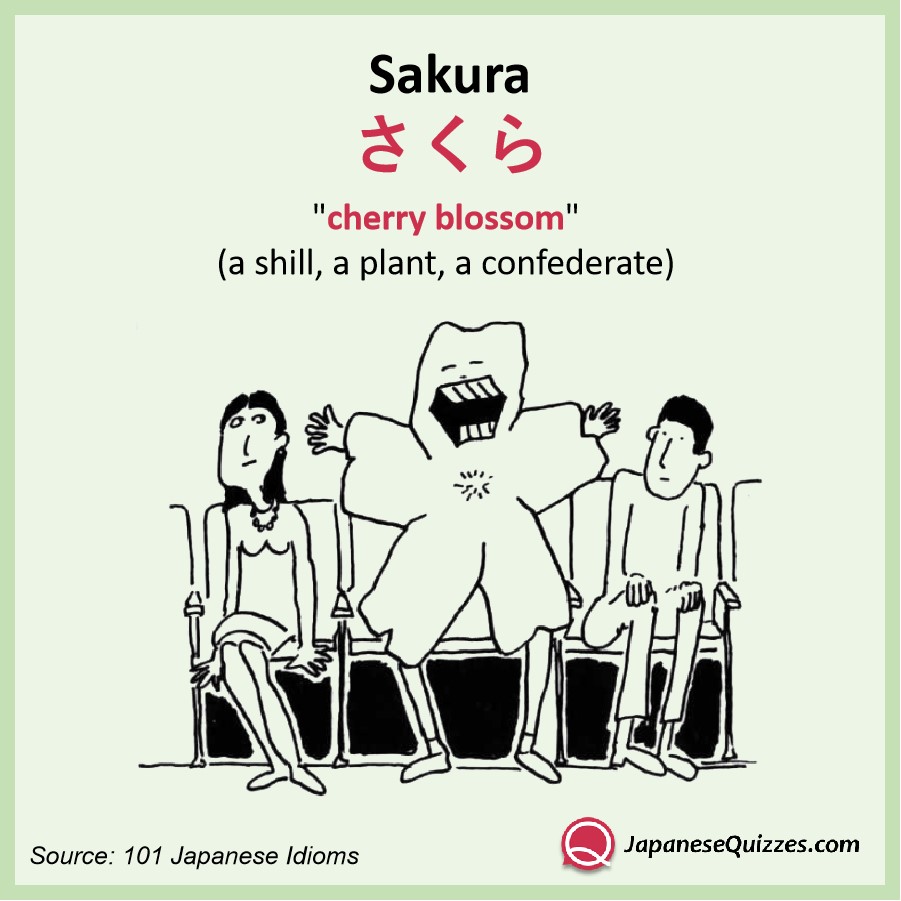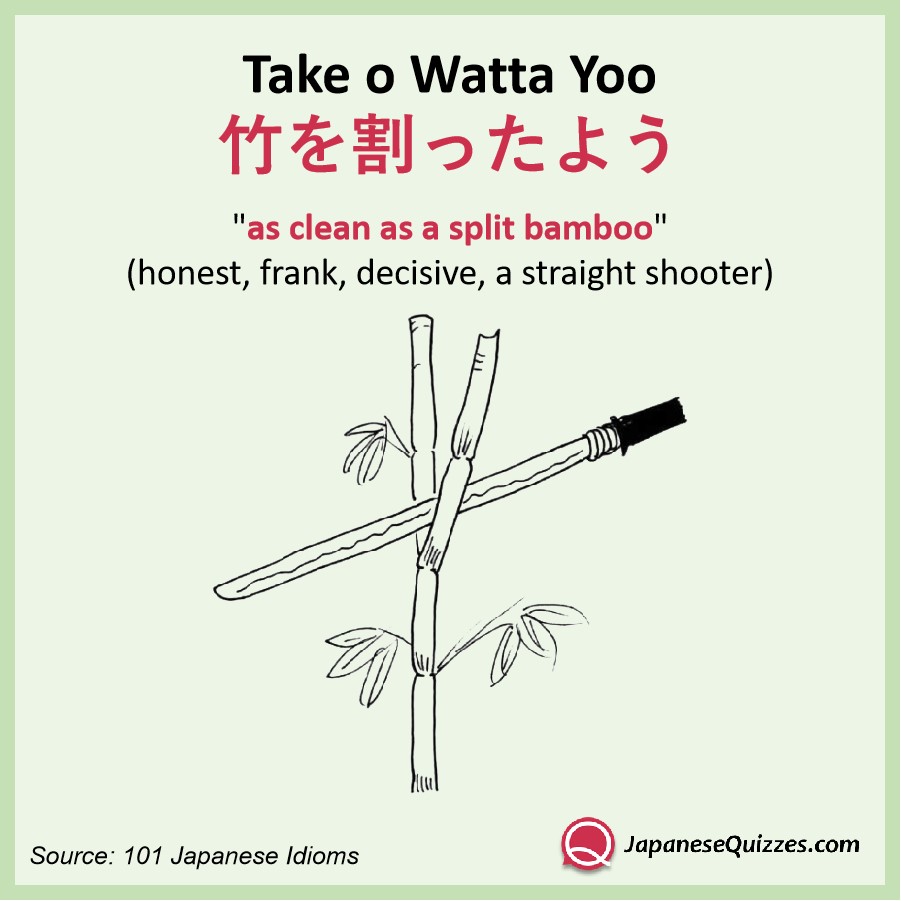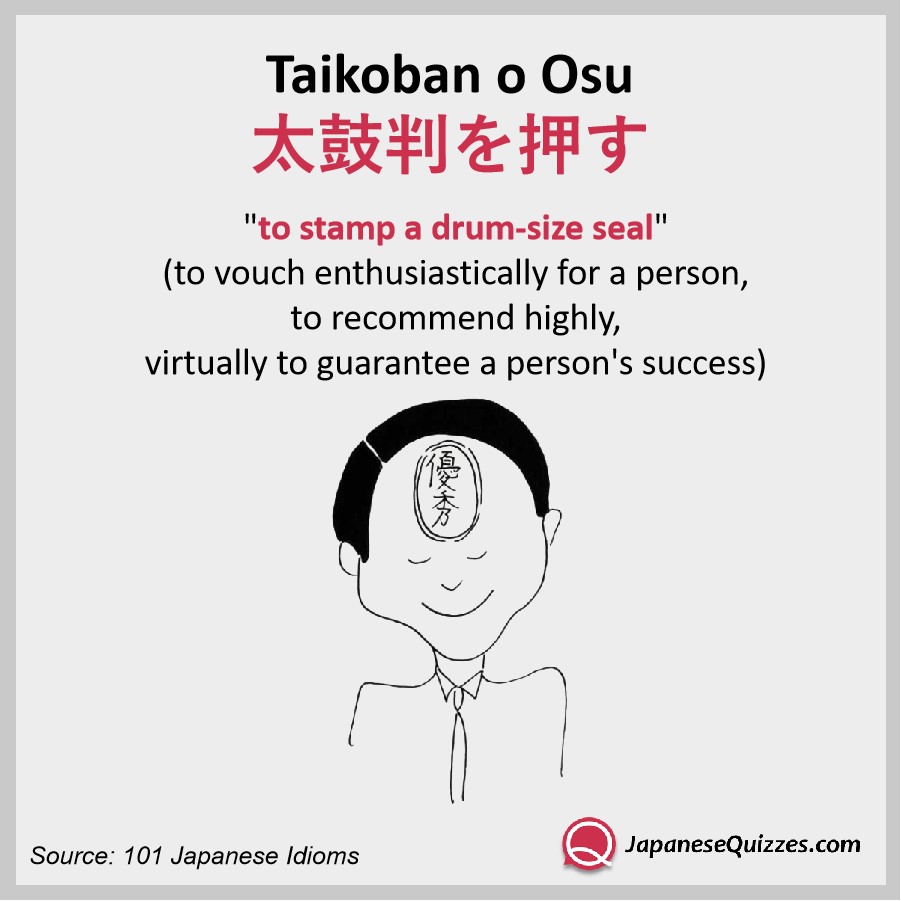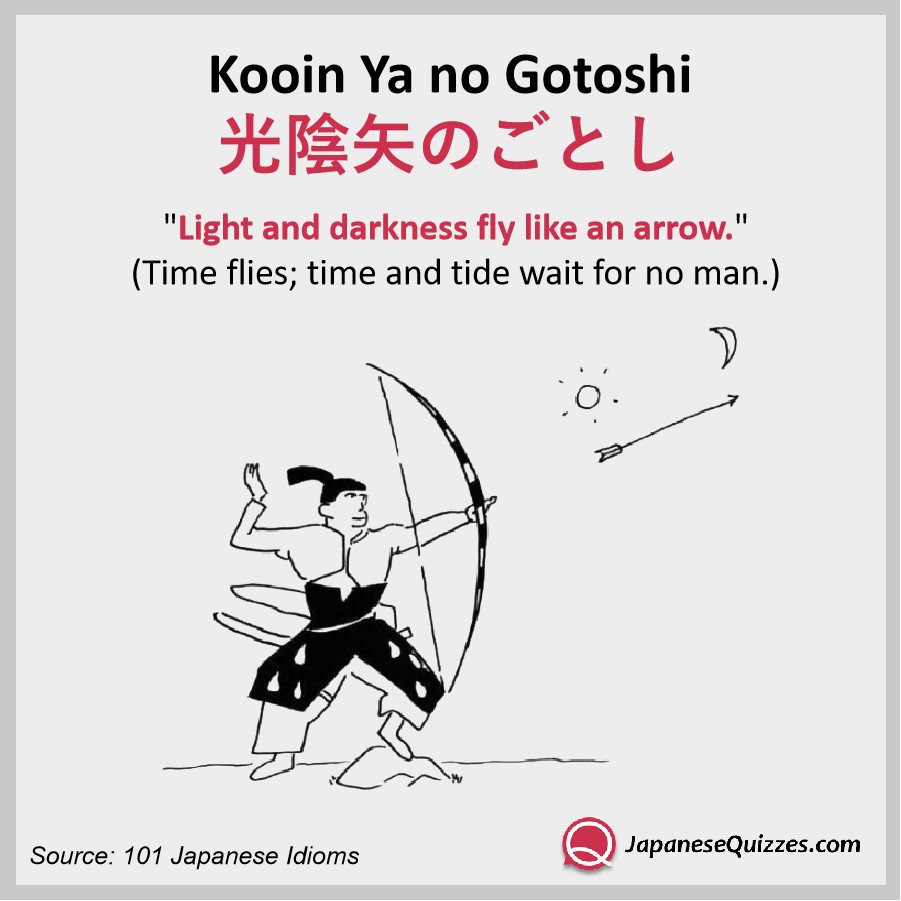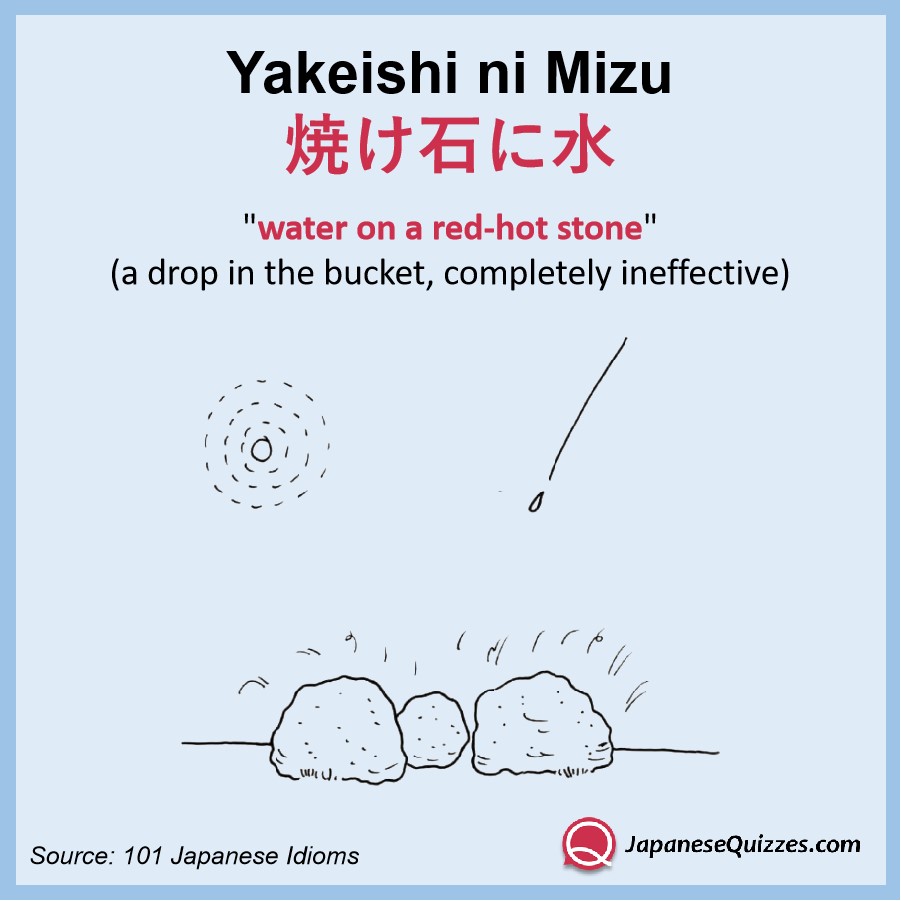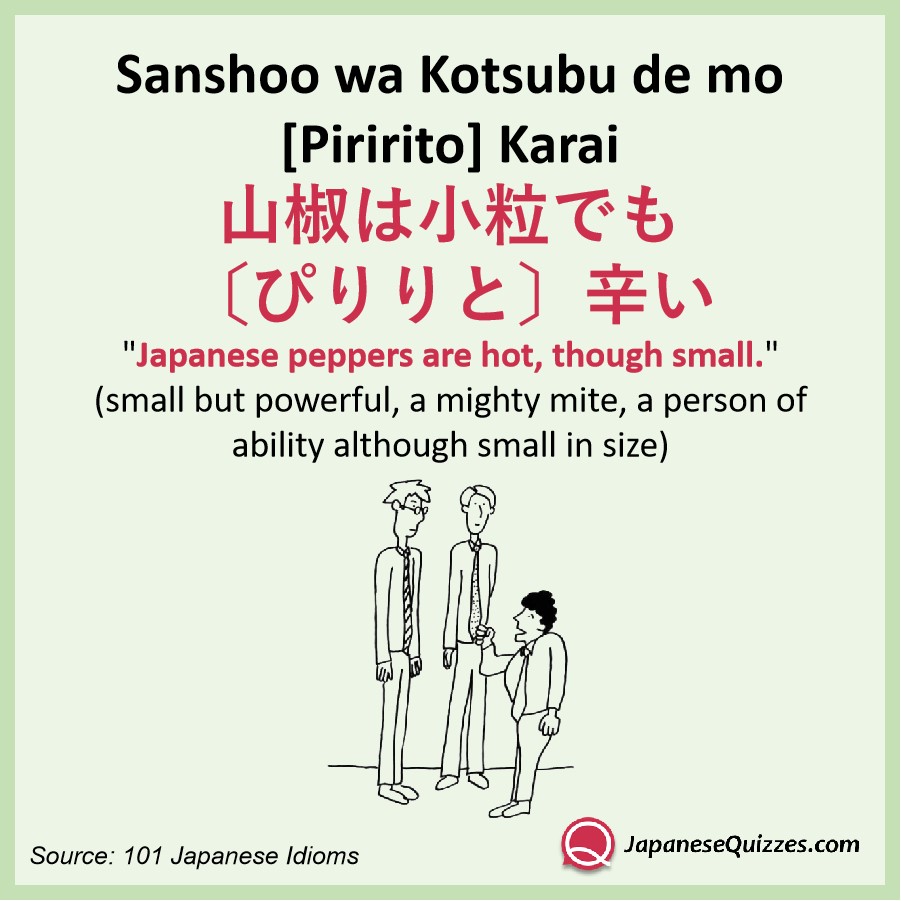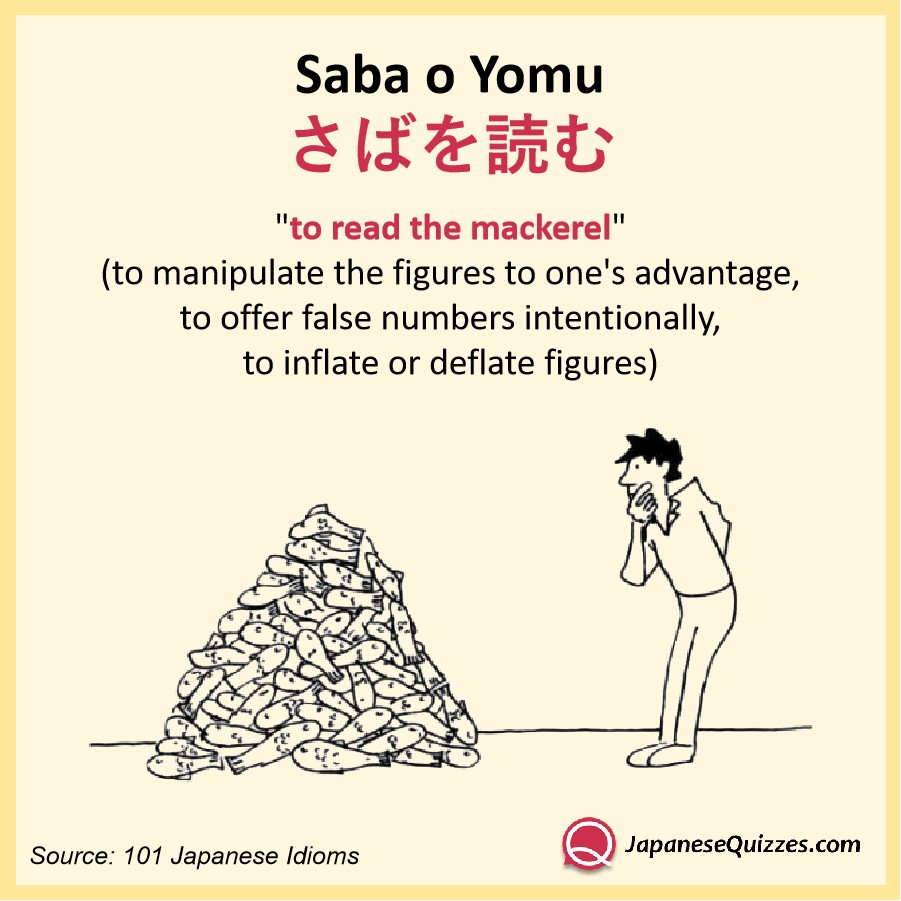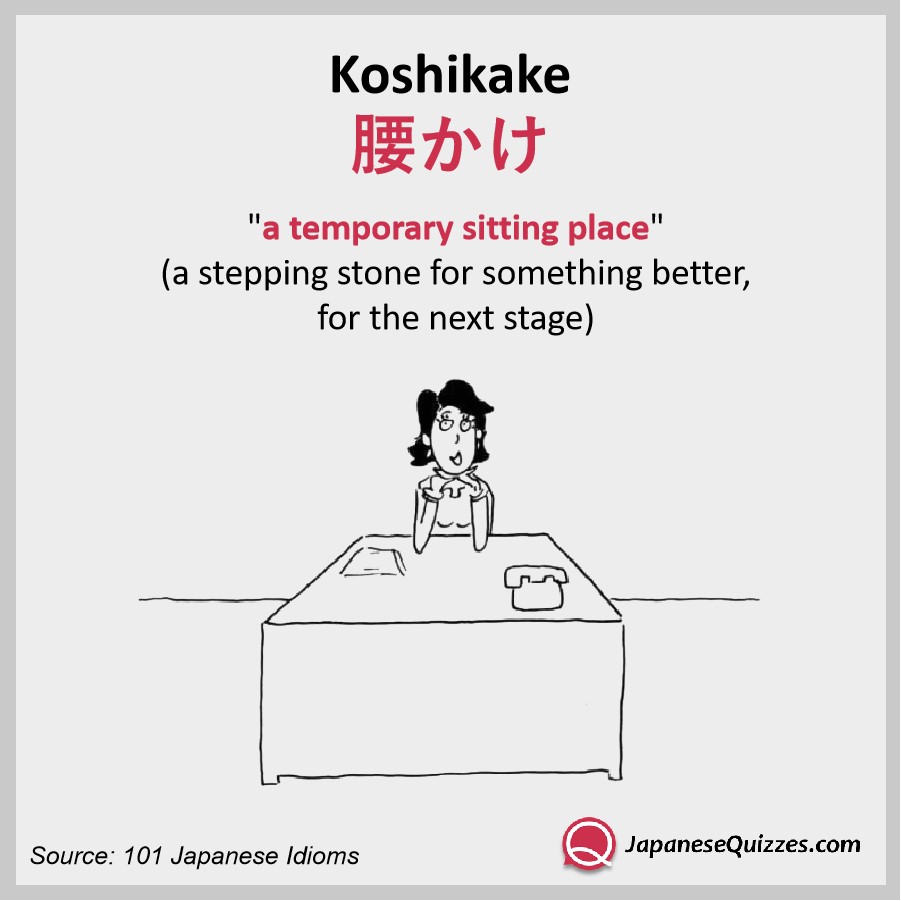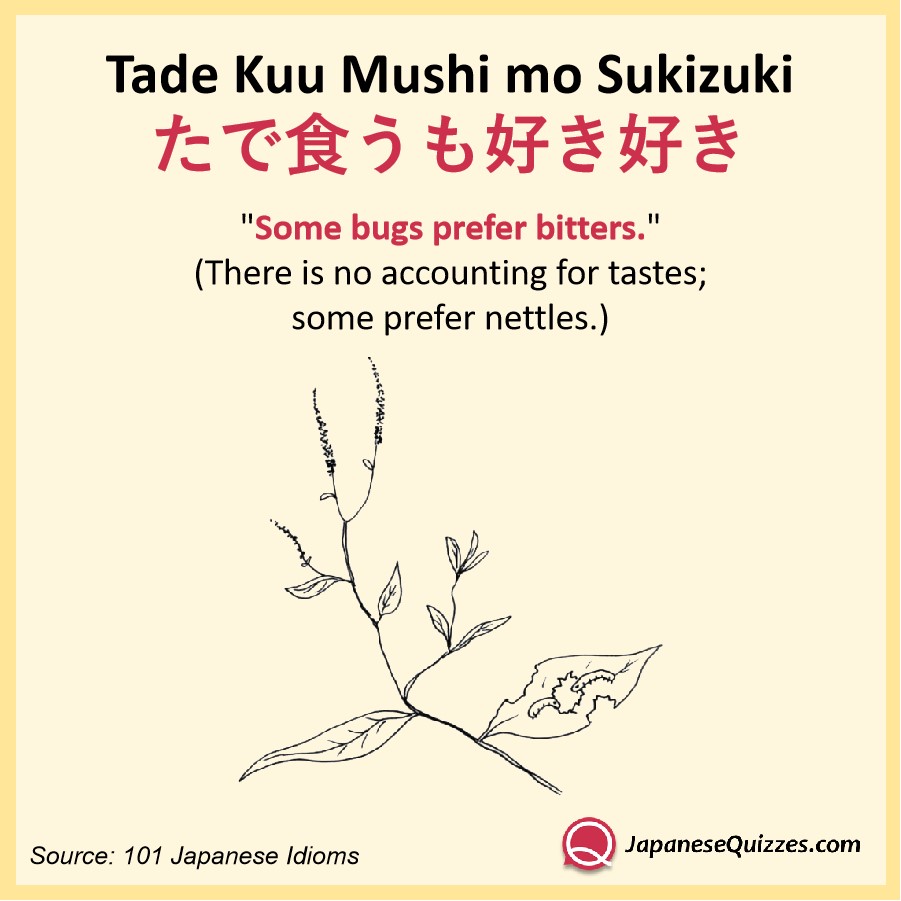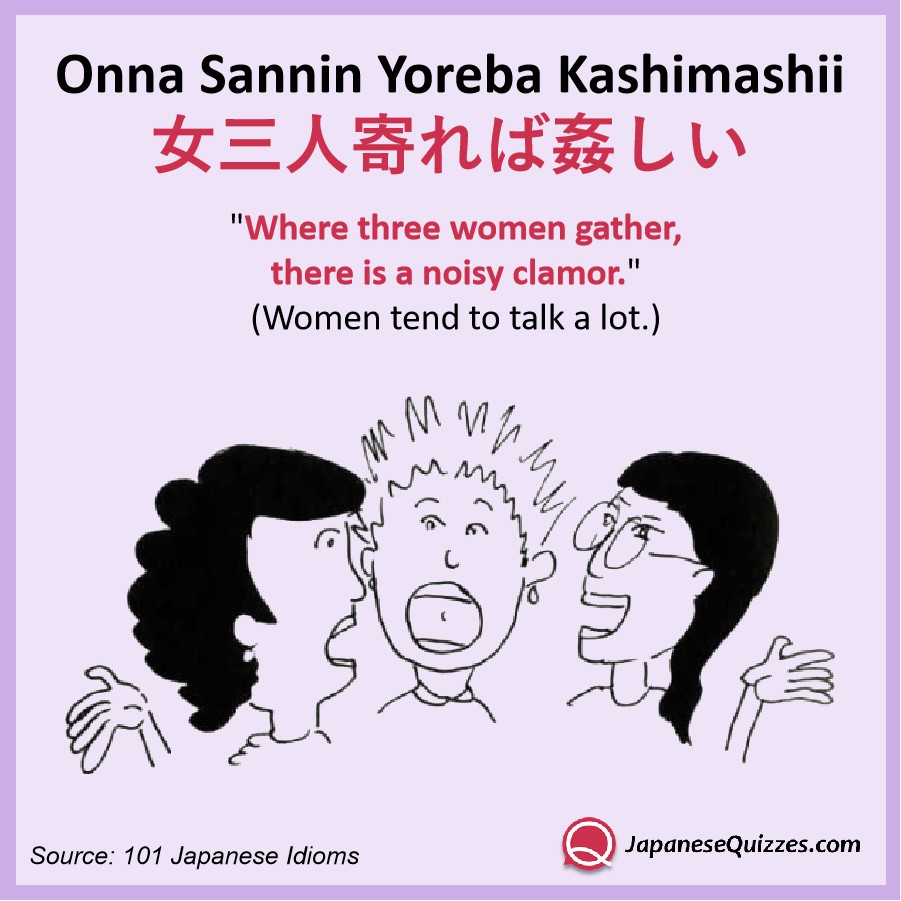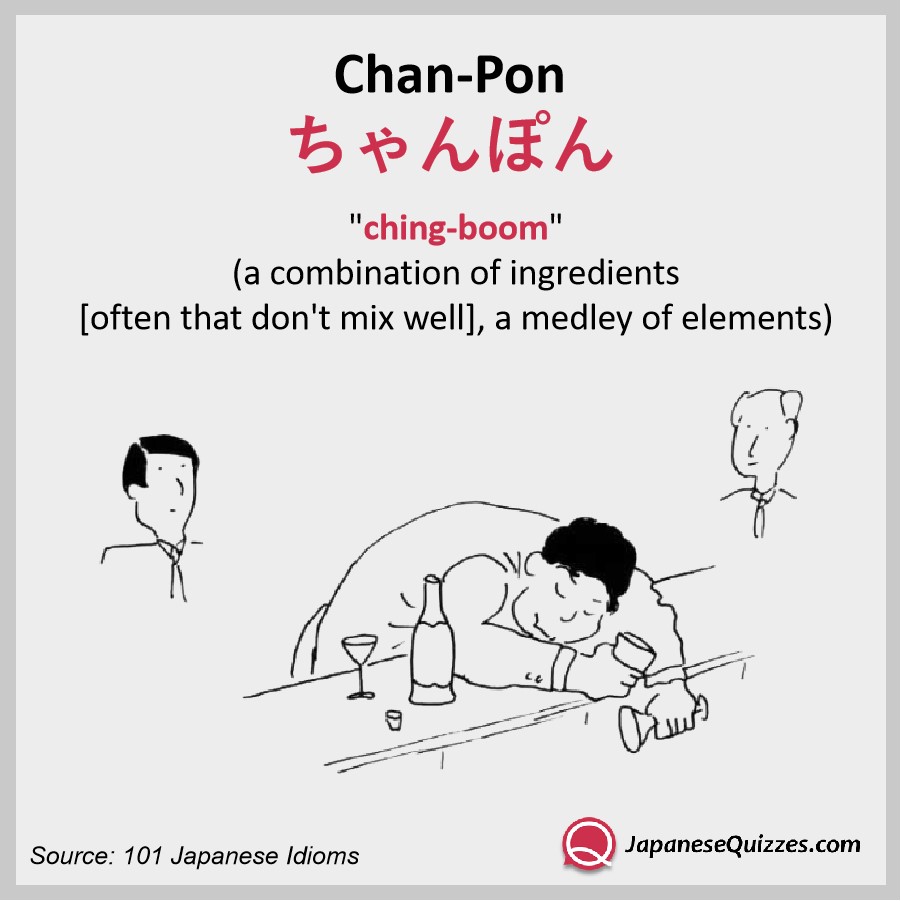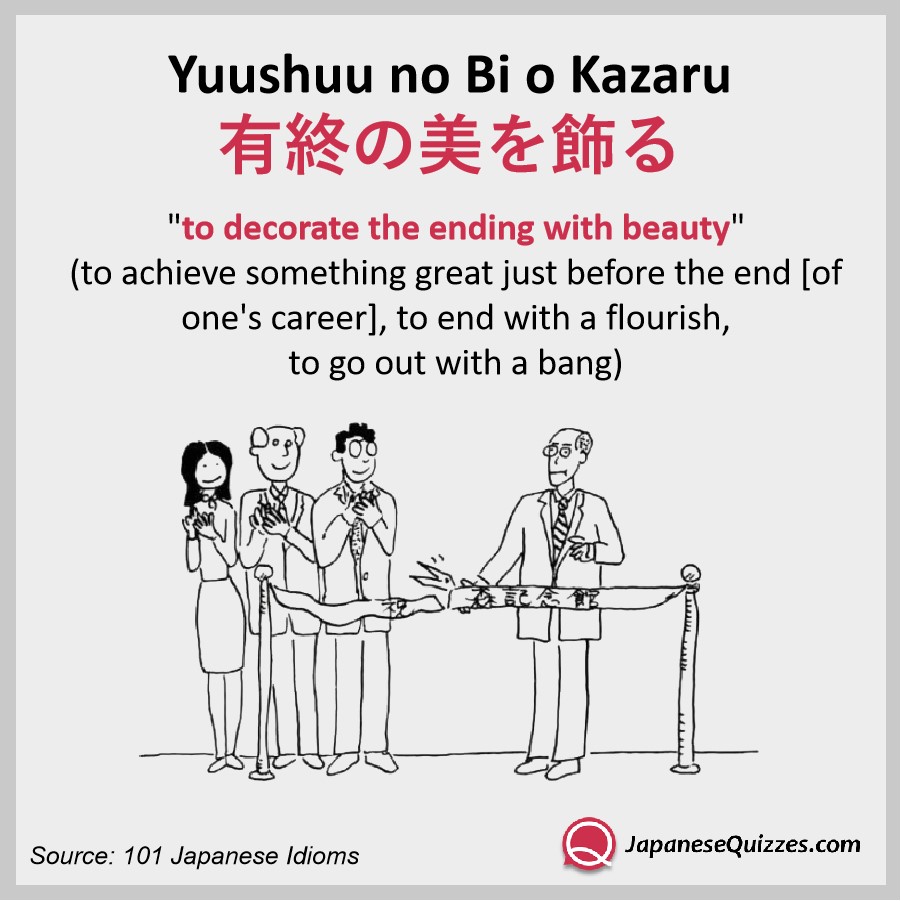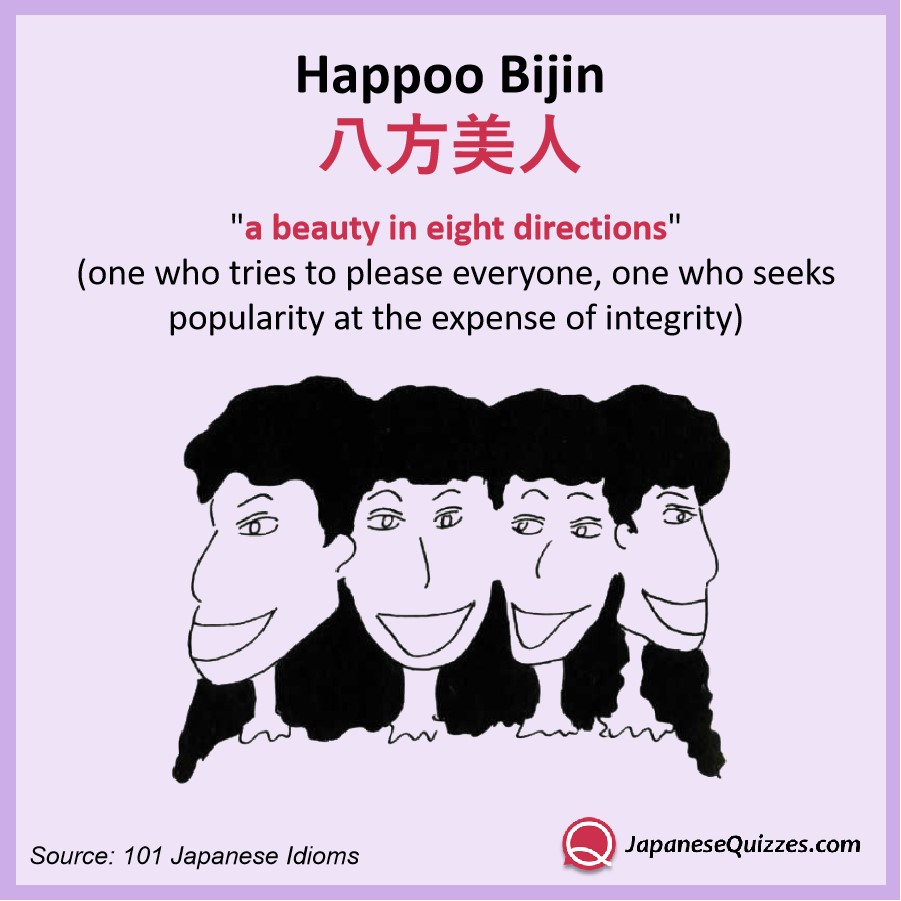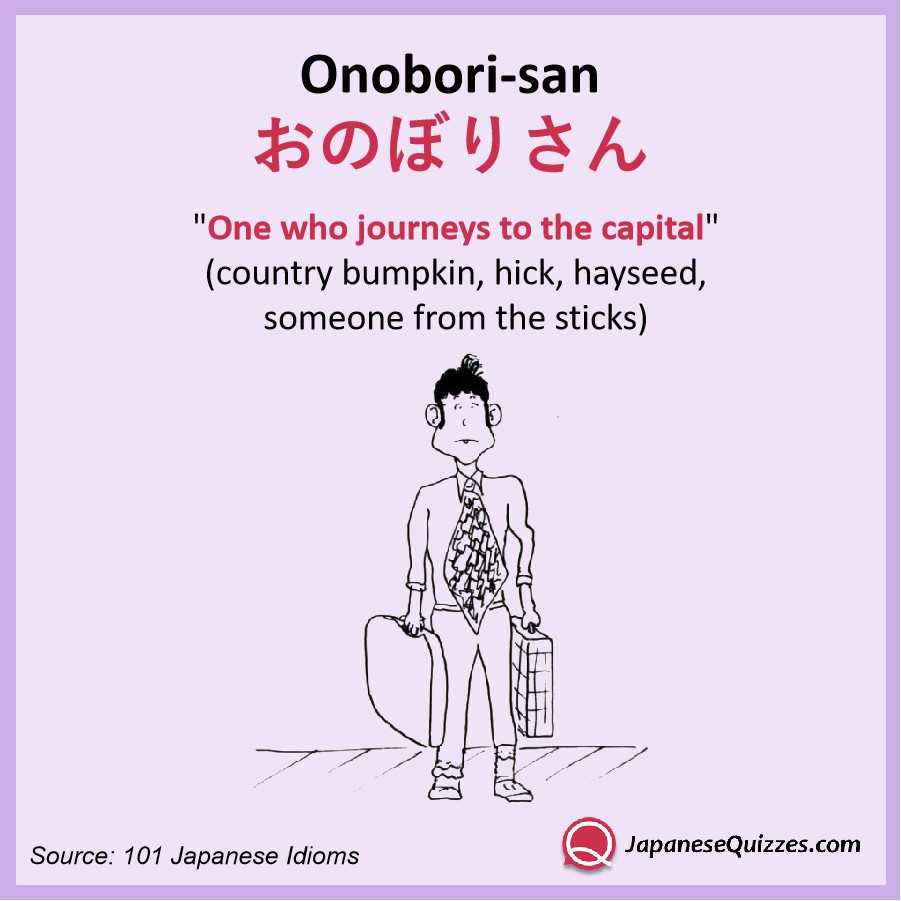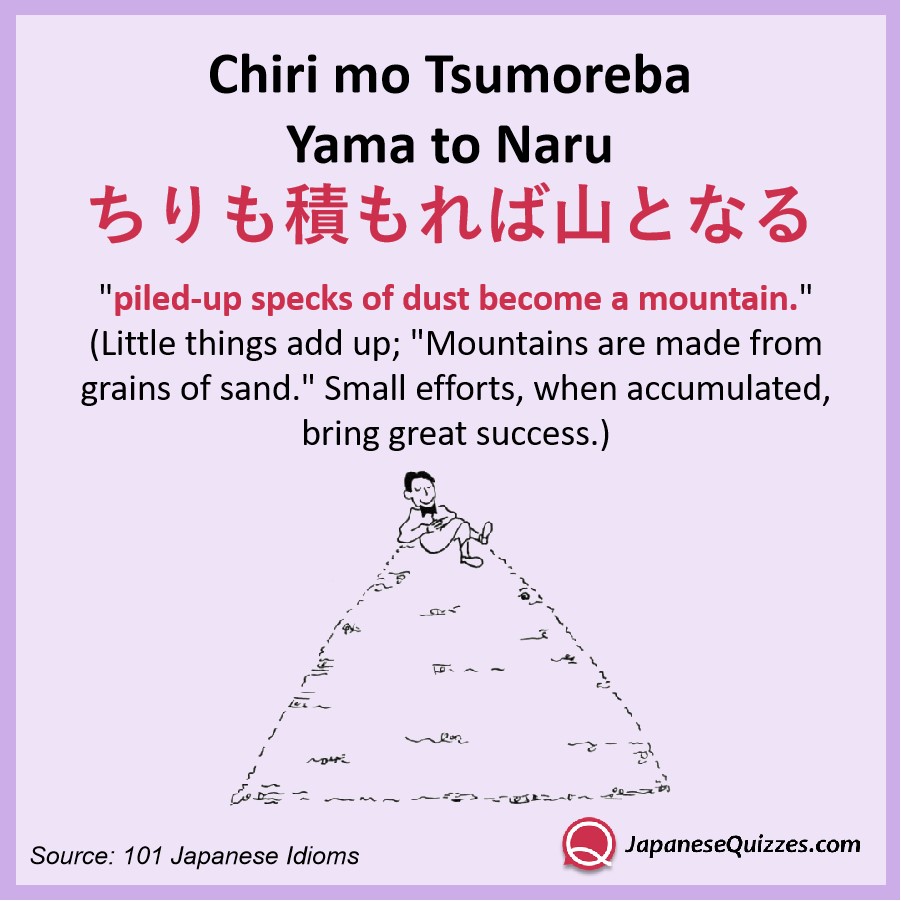
水商売
“water business”
(entertainment business, a chancy trade)
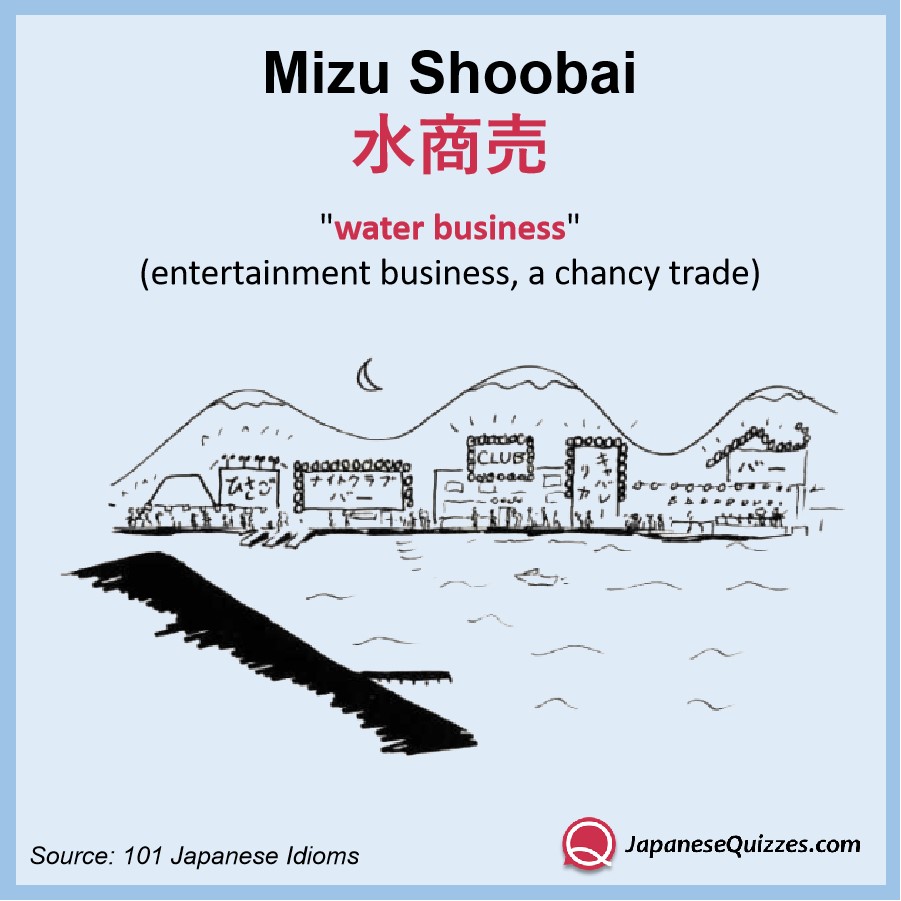
Running water is not thought of as having a fixed rate of flow. Sometimes the water comes out strong, sometimes weak. Such is the “fluid” nature of the income levels for certain businesses. Mizu shoobai includes a variety of entertainment businesses-tea houses, entertainment spots, bars, massage parlors, and houses of prostitution. According to another etymological source, these businesses were situated along riverbanks, and thus the “water business.”
Sample text:
(Style: spoken/casual/female)
A: Mori-san no musukosan ne, kekkon shitai rashii kedo goryooshin ga hantai shiteru te uwasa nee.
B: Soo na no yo. Nanishiro, aite ga mizu shoobai no de rashii no yo.
A: 森さんの息子さんね、結婚したいらしいけどご両親が反対してるってうわさねえ。
B: そうなのよ。なにしろ、相手が水商売の出らしいのよ。
A: Mrs. Mori’s son. It appears he wants to get married, but both parents are against it.
B: That’s right. I hear that the bride-to-be is from the entertainment business.
Japanese Idioms

水を打ったよう
“as if after scattered water”
(so quiet you could hear a pin drop, dead silence)
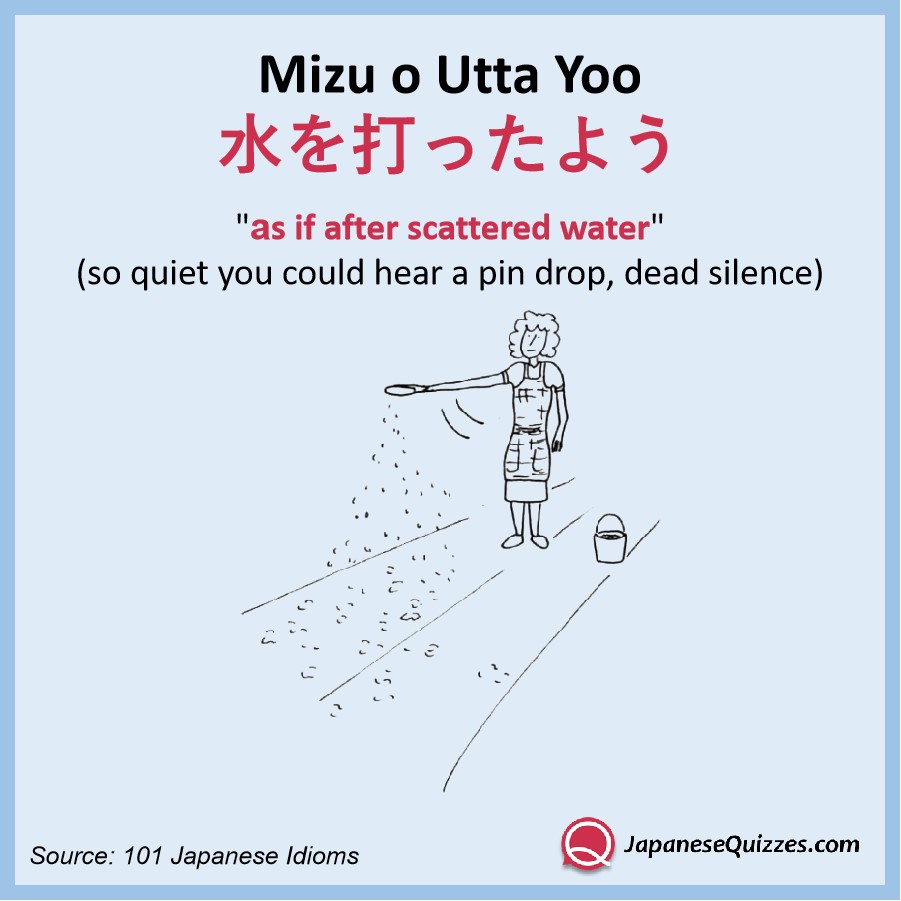
When performing the Tea Ceremony, it’s customary to scatter water along the entrance path. This ritual indicates preparation. The water cleans; it moistens the soil to contain the dust. It also deadens the sound.
Sample text:
(Style: written/informal)
Kontesuto no nyuushoosha no happyoo ga hajimatta. Shikaisha ga maiku no mae ni tatsu to, kaijoo wa isshun mizu o utta yoona shizukesa ni natta.
コンテストの入賞者の発表がはじまった。司会者がマイクの 前に立つと、会場は一瞬水を打ったような静けさになった。
The contest winners were about to be announced. When the Master of Ceremonies stepped up to the microphone, the crowd got so quiet you could hear a pin drop.
Japanese Idioms

水の泡
“bubbles on the water”
(all for nothing, effort in vain)

Stopping by a brook and observing water bubbles forming and disappearing, a Japanese may associate those bubbles with the transient nature of life. Used poetically to acknowledge that a great effort was in vain and now has vanished like bubbles on the water.
Sample text:
(Style: spoken/casual/A=female, B=male)
A: Michio-kun no sakkaa ne, are dake doryokushite shiai ni sonoeta noni, toojitsu ame de chuushi ni natta n da tte.
B: Sankagetsu no doryoku mo mizu no owa ka. Kowaisooni na.
A: 道男君のサッカーね、あれだけ努力して試合にそなえたのに、当日雨で中止になったんだって。
B: 三か月の努力も水の泡か。かわいそうにな。
A: This thing about Michio’s soccer. He practiced so hard, but the game got cancelled because of rain.
B: Three months’ effort was all in vain! Poor thing.
Japanese Idioms
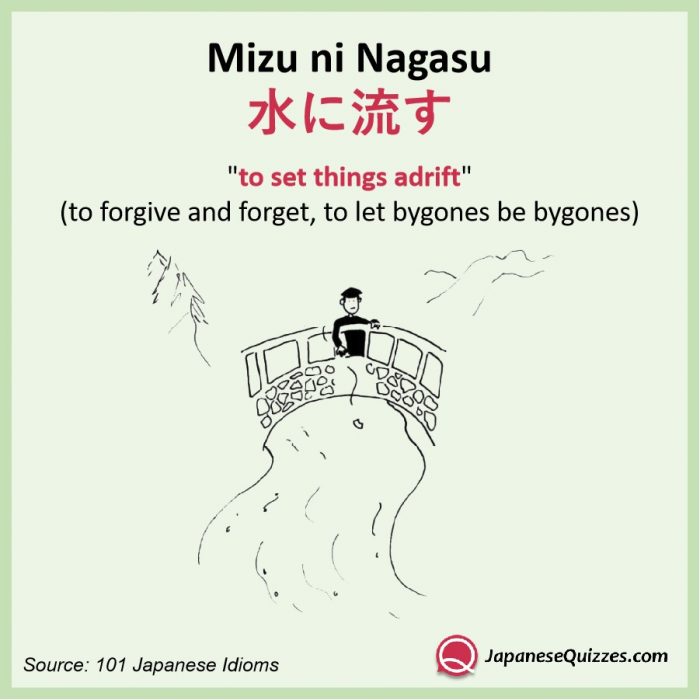
水に流す
“to set things adrift”
(to forgive and forget, to let bygones be bygones)

A river carries bad memories away. By setting adrift the pain of a romantic breakup or the betrayal by a once-trusted friend, you start things anew. Once into the river’s flow, the thing-to-forget heads downstream, never to return.
Sample text:
(Style: spoken/formal/female)
A: Desukara, sore wa moo wasuremashoo. Mukashi no koto wa mizu ni nagashite, mata yari nooshimashoo yo.
B: Soo ne. Sore ga ichiban ii wa ne.
A: ですから、それはもう忘れましょう。昔のことは水に流して、またやり直しましょうよ。
B: そうね。それが一番いいわね。
A: So let’s forget about those days. Let bygones be bygones and try it again.
B: Yes. That looks like the best idea.
Japanese Idioms
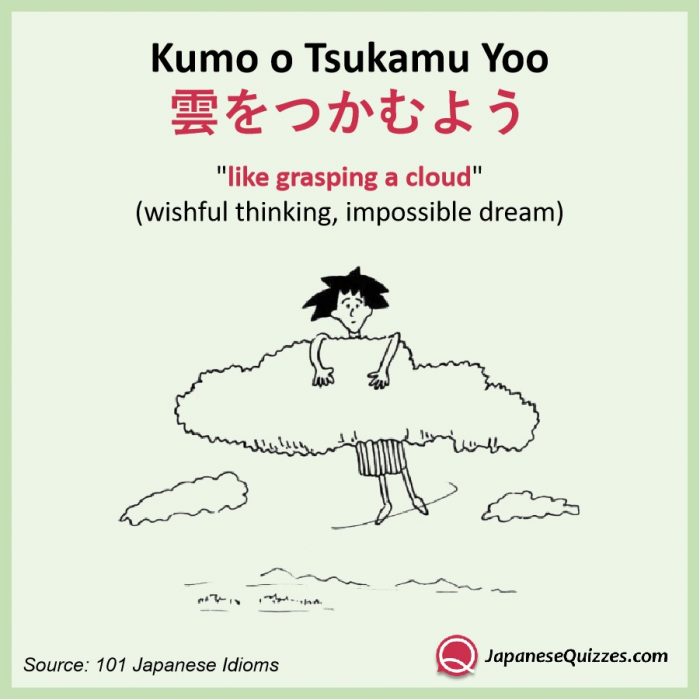
雲をつかむよう
“like grasping a cloud”
(wishful thinking, impossible dream)

Since nobody can actually grasp a cloud, the expression denotes impossibility. From afar, a cloud has shape and form. Close-up, its gossamer essence dissipates at the touch. So when a not-so-talented sixteen-year-old declares that she’s going to become a movie star, you can respond by saying it’s a kumo o tsukamu yoona dream – a mild warning that the ambition or goal is highly unlikely to be realized.
Sample text:
(Style: spoken/casual/A=son, B=mother)
A: Sakkyokuka ni naroo ka na.
B: Sonna kumo o tsukamu yoona koto bakari kangoeteiru kara itsu made tatte mo hitoridachi dekinai n desu yo.
A: 作曲家になろうかな。
B:そんな雲をつかむようなことばかり考えているからいつまでたってもひとりだちできないんですよ。
A: You know, maybe I’ll become a composer.
B: (Scolding) All you ever think about is impossible dreams like that! No wonder you’ve never been able to become financially independent.
Japanese Idioms

風の便り
“message carried on the wind”
(a rumor, a story without source)

A letter delivered from the God of the Wind. Used to suggest news from an unnamed or an easily forgotten source. No direct line of communication exists. This expression compares with “a little birdie told me.”
Sample text:
(Style: spoken/casual/A=male, B=female)
A: Kyonen Amerika e kaetta Sumisu-san, ima doo shiteru ka naa.
B: Kaze no tayori de wa daigaku ni modotte benkyoo shiteiru rashii wa yo. Doko no daigaku ka shiranai kedo.
A: 去年アメリカへ帰ったスミスさん、今どうしてるかなあ。
B: 風の便りでは、大学にもどって勉強しているらしいわよ。どこの大学か知らないけど。
A: You know that guy Smith, who went back to the U.S. last year? I wonder what he’s up to nowadays.
B: I heard a rumor that he went back to school. I don’t know which university, though.
Japanese Idioms




